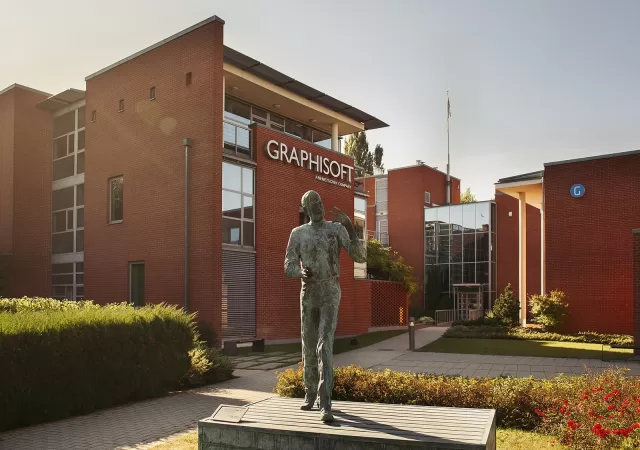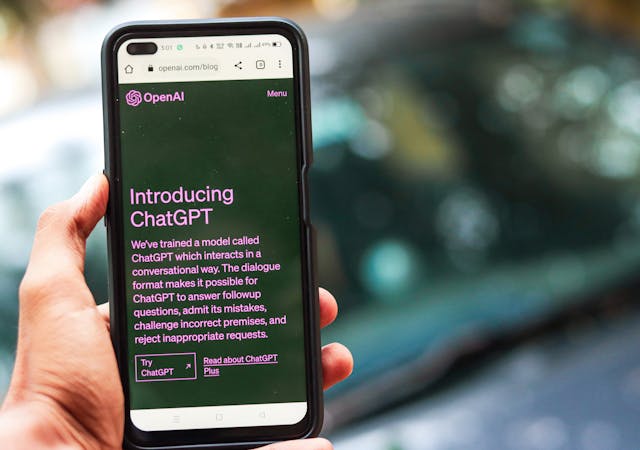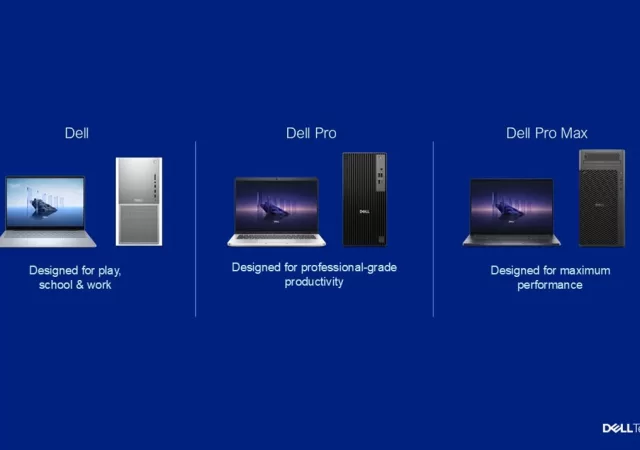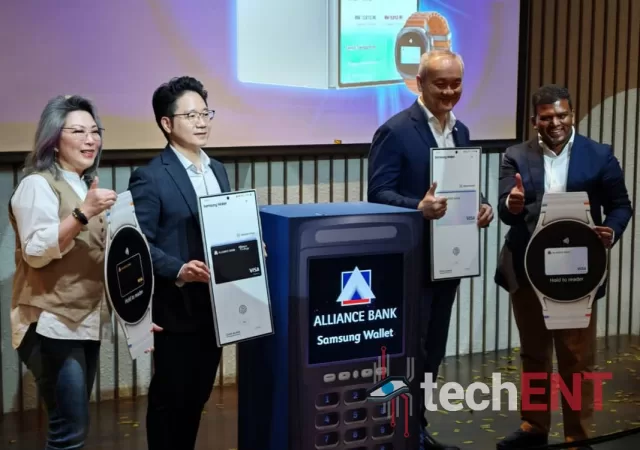Graphisoft is designing a digitized future for the AEC industry with mindful integration of Generative AI and bringing key tools to the cloud to enable more collaborative workflows.
OpenAI Unveils o3-mini – This is What You Need Know
Open AI announces ChatGPT’s new o3-mini reasoning model that allows it to do more complex reasoning faster and more efficiently.
[CES 2025] Dell Ditches XPS, Precision and Inspiron Brands for Simplified Dell-Centered Branding
Dell streamlines their product line up sacrificing decades of notable branding in favour for one centered on Dell’s brand with a focus on specifications.
Alliance Bank Expanding Payment Options with Samsung Wallet & Google Wallet
Alliance Bank brings its virtual credit card with dynamic card number to Google Wallet and Samsung Wallet – a first in Malaysia.
Accenture Enhances Cybersecurity Offerings with Generative AI and Advanced Technologies
Accenture expands its offerings in cybersecurity with new AI-enhanced services aimed at mitigating the impact of Gen AI based threats on business operations.
CUKTECH Charges into Malaysia, Promising Powerful and Clean Energy Solutions
CUKTECH announces its official entry into Malaysia bringing along with it a stable of premium power bank offerings that push the boundaries of charging on the go.
Maybank Introduces New “Money Lock” Feature on MAE App for Better Security and Fraud Prevention
Maybank introduces a new “Money Lock” feature to its MAE app to help fortify security and prevent fraud.
ASUS ExpertBook P5: Redefining the Business Laptop in the Age of AI
ASUS’s ExpertBook P5 comes equipped with specs and features that make it one of the best on the market and ready for the AI workspace.
ASUS ExpertBook P1: A Laptop Designed for Modern Professionals
The ASUS ExpertBook P1 brings together a bevvy of features and specifications that are not only geared for professionals but is optimised for productivity.
















